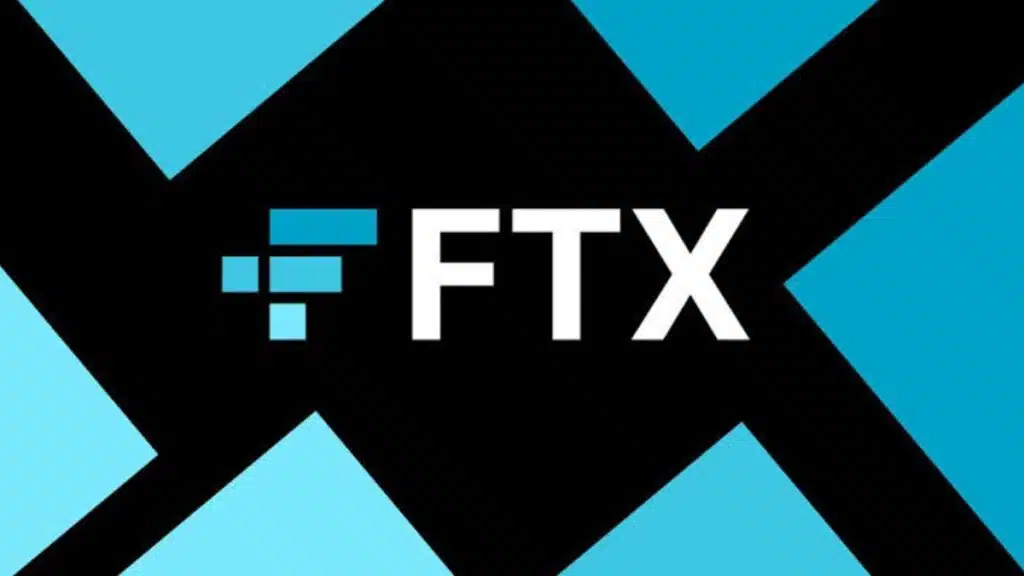A Delaware judge accepted FTX’s bankruptcy plan, which calls for paying consumers back with interest and cash, despite a demand for in-kind payments.

The U.S. District of Delaware Bankruptcy Court’s Judge John Dorsey decided to support FTX’s repayment, which could disburse assets valued up to $16 billion.
Ninety-eight percent of creditors had their requests for 118% of their claims in cash granted two years after the cryptocurrency exchange crashed.
Sunil Kavuri, a spokesman for the largest group of FTX creditors, advocated bitcoin or in-kind compensation, even though 94% of claimants approved the idea. Nevertheless, Judge Dorsey rejected the proposal during a bankruptcy hearing on October 7.
The court held that there was no basis for any price rise and that the value of FTX’s exchange token (FTT) was effectively zero. With the demise of one of the biggest centralized cryptocurrency exchanges at the time, Judge Dorsey ended the 2022 tale.
FTX debacle comes to a close
Users and US authorities accused Sam Bankman-Fried’s organization of fraud after discovering documents proving it had embezzled customer monies and fabricated financial statements.
The FTX leadership, including Bankman-Fried, was quickly brought down soon after the company filed for Chapter 11 bankruptcy protection.
After a quick trial and several witness statements from SBF’s close associates, Bankman-Fried was convicted guilty and given a 25-year term. Now, he’s trying to appeal the decision, saying that Federal Judge Lewis A.
Kaplan was biased in his decision-making. Several former high-ranking officials, including Gary Wang, Nishad Singh, and Caroline Ellison, made plea agreements with federal prosecutors in exchange for shorter sentences. Late last month, a judge sentenced Ellison to two years in prison.
As this happened, CEO John J. Ray III of the bankruptcies pieced together mixed assets and brought billions back to the estate.
According to Ray, the remnants of SBF’s empire needed more customary corporate procedures and controls.
Reviving SBF’s exchange was considered in June of last year, but the plan was eventually shelved because no investors provided financial support for the proposal.

